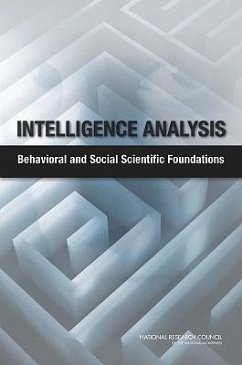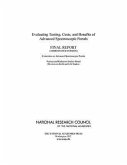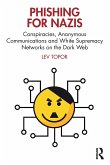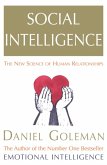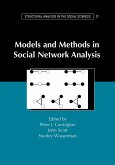The U.S. intelligence community (IC) is a complex human enterprise whose success depends on how well the people in it perform their work. Although often aided by sophisticated technologies, these people ultimately rely on their own intellect to identify, synthesize, and communicate the information on which the nation's security depends. The IC's success depends on having trained, motivated, and thoughtful people working within organizations able to understand, value, and coordinate their capabilities. Intelligence Analysis provides up-to-date scientific guidance for the intelligence community (IC) so that it might improve individual and group judgments, communication between analysts, and analytic processes. The papers in this volume provide the detailed evidentiary base for the National Research Council's report, Intelligence Analysis for Tomorrow: Advances from the Behavioral and Social Sciences. The opening chapter focuses on the structure, missions, operations, and characteristics of the IC while the following 12 papers provide in-depth reviews of key topics in three areas: analytic methods, analysts, and organizations. Informed by the IC's unique missions and constraints, each paper documents the latest advancements of the relevant science and is a stand-alone resource for the IC's leadership and workforce. The collection allows readers to focus on one area of interest (analytic methods, analysts, or organizations) or even one particular aspect of a category. As a collection, the volume provides a broad perspective of the issues involved in making difficult decisions, which is at the heart of intelligence analysis.
Hinweis: Dieser Artikel kann nur an eine deutsche Lieferadresse ausgeliefert werden.
Hinweis: Dieser Artikel kann nur an eine deutsche Lieferadresse ausgeliefert werden.

